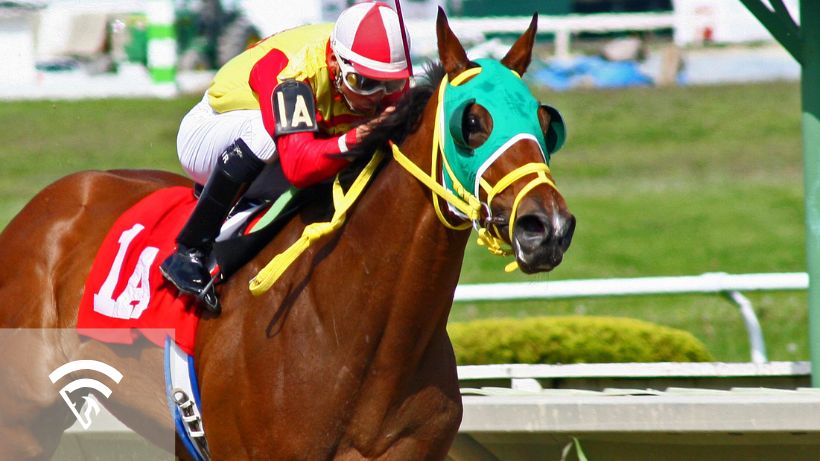What Is an Objection?
An objection in horse racing occurs when a jockey, trainer, or owner formally claims their horse was fouled during a race. The complaint, made to the stewards almost immediately after the finish, triggers an official review of the incident. While the race is under objection, the posted results are provisional until the stewards decide whether the foul affected the outcome and whether placings need to change.
Who Can Lodge an Objection
- Jockeys: Most objections come from riders as soon as they pull up past the wire.
- Trainers or owners: Connections can file if they believe interference cost their horse a better placing.
- Assistant starters or patrol judges (rare): May alert stewards to foul play if riders fail to object.
Typical Grounds for an Objection
- Drifting or bumping that forced a rival to check or lose momentum
- Crossing over without clearance, especially leaving the gate or on the turn
- Illegal use of the whip or elbowing in tight quarters
- Equipment failure leading to interference (e.g., broken rein causing a horse to veer)
The Objection Process
- Notification: The aggrieved party signals the incident to the stewards, often by raising a hand or verbally at pull-up.
- Objection sign posted: The infield tote flashes OBJECTION to inform bettors that the finish is under review.
- Video review and testimony: Stewards study multiple camera angles and may interview the riders involved.
- Ruling: They decide either no change (objection overruled) or placings altered (horse disqualified or demoted).
- Official result: The tote board updates, and wagering payouts are released.
Objection vs. Inquiry
- Objection: Initiated by a participant.
- Inquiry: Initiated by the stewards themselves. Both can occur simultaneously if stewards and a rider spot the same potential foul.
Impact on Bettors
- Payout delay: Pools stay locked until the “Official” sign appears.
- Ticket changes: A successful objection can elevate long-shot tickets or void winning wagers on the demoted horse.
- Handicapping insight: Frequent objections involving the same jockey, trainer, or horse may signal aggressive riding styles worth noting.
Tips for Race Fans
- Watch head-on replays to form your own opinion before the ruling; it hones trip-handicapping skills.
- Know jurisdictional tendencies—some tracks are more lenient, others strict.
- Keep calm: most objections are resolved within a few minutes, though complex cases can run longer.
Sharpen your edge by pairing rules knowledge with data-driven analysis—sign up and take your handicapping to the next level.
